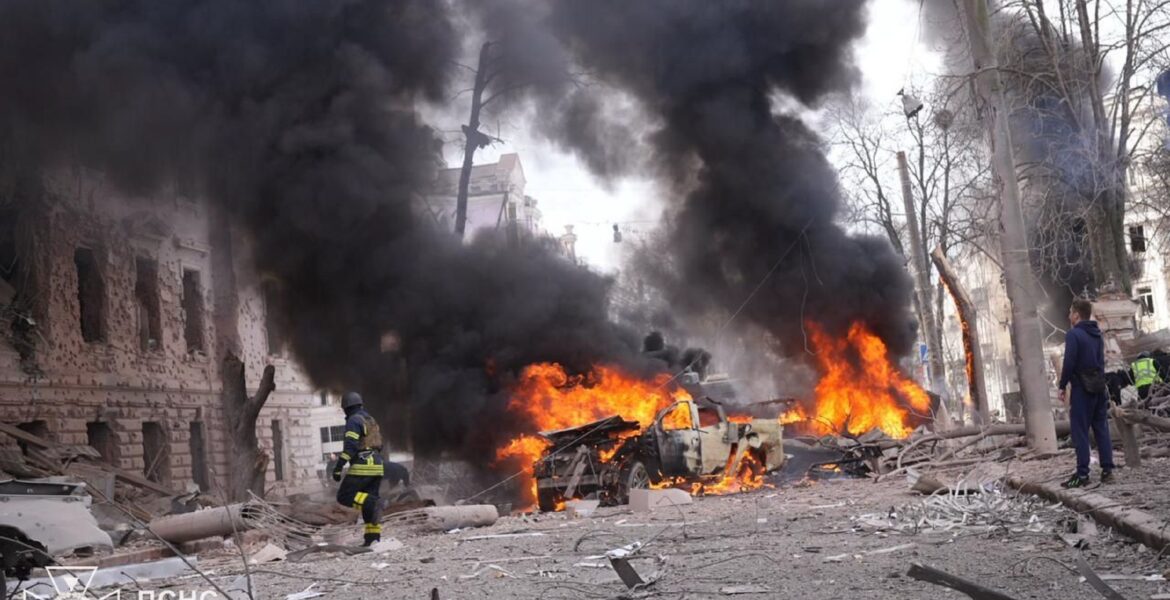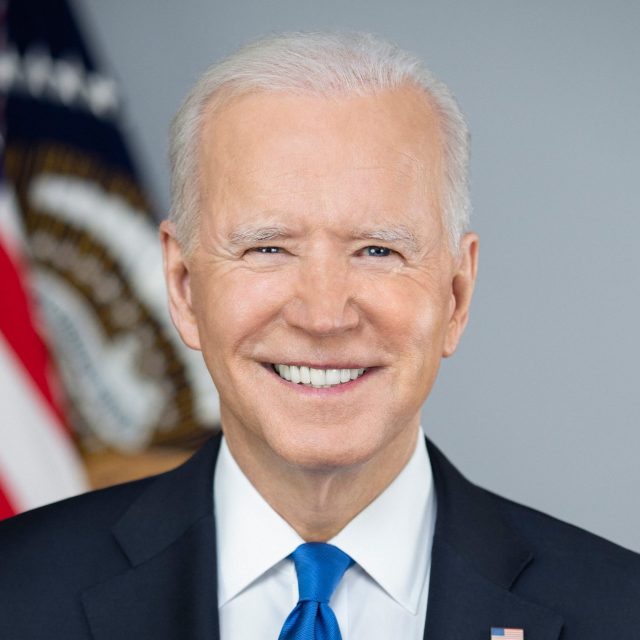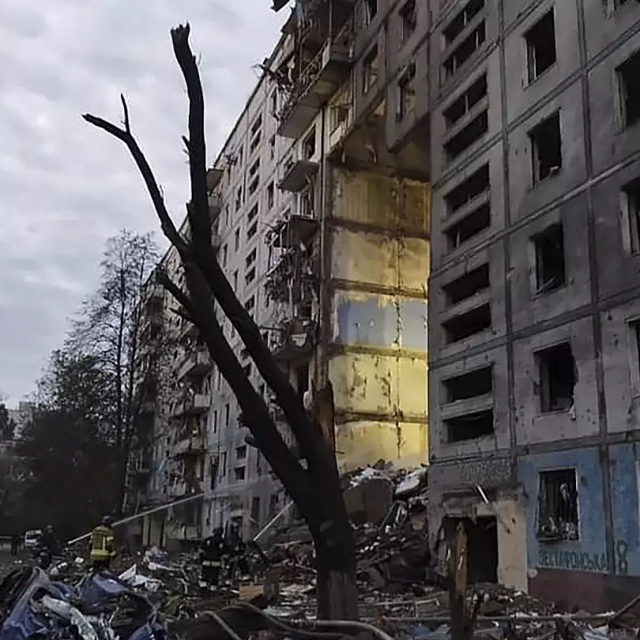Photo by the State Emergency Service of Ukraine
On April 13, while families across Ukraine were marking Palm Sunday, Russia once again showed the world what its idea of peace looks like. Ballistic missiles and guided aerial bombs hit central Sumy in broad daylight, killing and injuring civilians who were simply going about their day – shopping, walking, and gathering with loved ones.
This was not a mistake. A Russian reconnaissance drone had been spotted over the city shortly before the strike, confirming that the attack was coordinated in real time. Moscow knew exactly what it was hitting.
This behaviour is not new. Russia has a track record of deliberately targeting civilians. The missile strike on the Amstor shopping mall in Kremenchuk in June 2022 and the bombing of the Kramatorsk railway station in April 2022 are just two examples. Both attacks occurred in crowded places, during the day, designed for maximum civilian casualties.
Russia doesn’t make mistakes – it makes choices. And its choices are consistent.
What’s also consistent is the Kremlin’s habit of talking about peace while preparing for more war. As its officials call for negotiations, Russia continues to stockpile weapons, test new missile systems, and work around sanctions. It says one thing and does the opposite.
Let us be clear: Russia has never honoured its word. Not in Georgia. Not in Crimea. Not in Donbas. And not now. The only thing that has ever stopped its aggression – even temporarily – is force.
This is why half-measures won’t work. Sanctions without enforcement, words without weapons, negotiations without leverage – all of these are seen by the Kremlin not as steps toward peace but as signs of weakness.
The attack on Sumy is not just another war crime. It is a message. A message that Russia is not interested in diplomacy, only domination.
The international community must respond with clarity and strength. That means accelerating the delivery of advanced air defence systems to Ukraine like the Patriot missile defence System. It means cutting off Russia’s access to military technology. And it means holding war criminals accountable – not someday, but now.
Talking to Russia without pressure is worse than pointless. It gives Moscow time, space, and a sense of impunity.
If the West truly wants peace, it must stop pretending that Russia is negotiating in good faith.
It isn’t.
It never has.
Until it faces real consequences – diplomatic, economic, and military – it never will.




